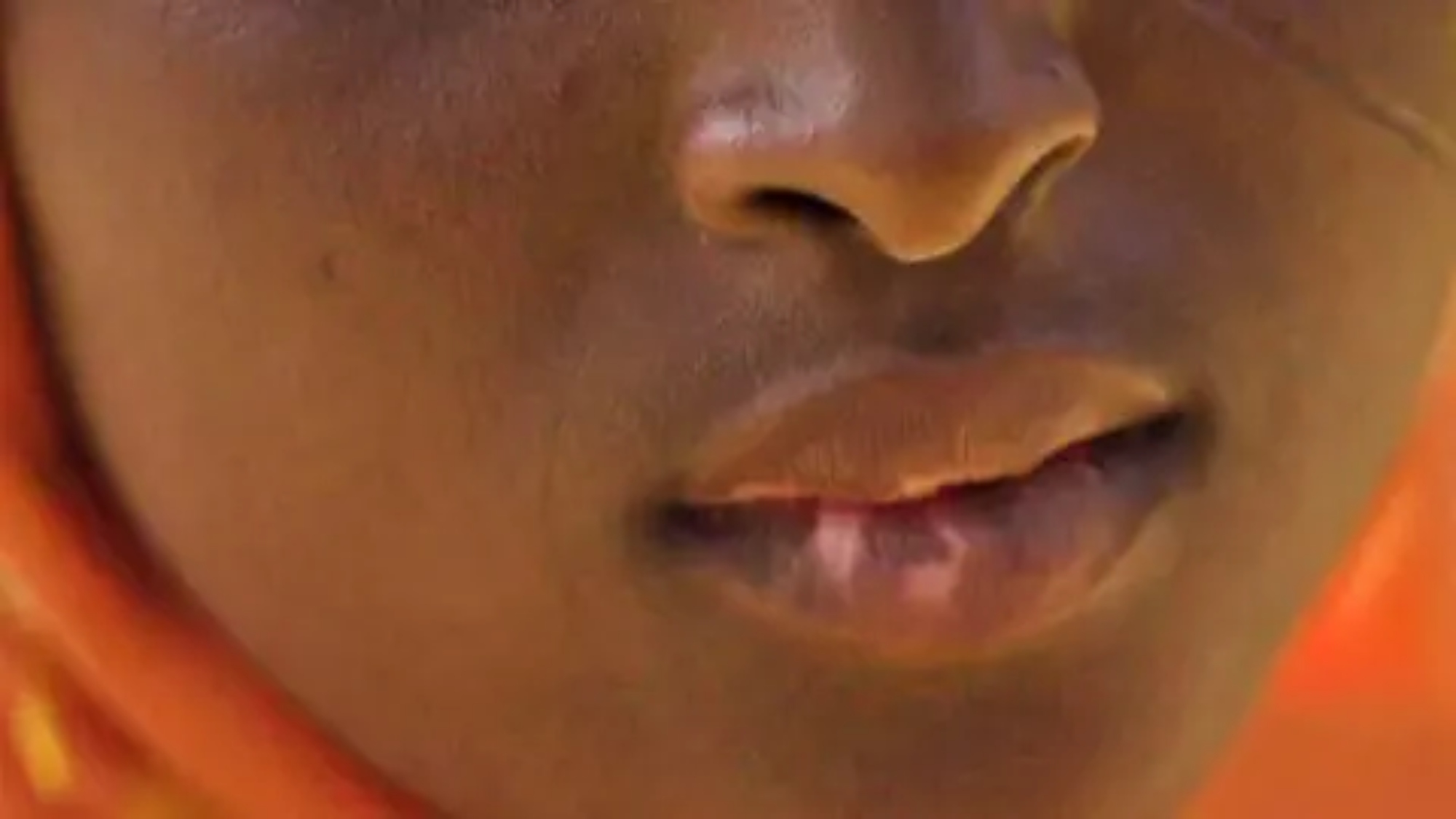More than 28,000 people have contracted cholera in Mozambique, which is still recovering from the fatal Cyclone Freddy, a tenfold rise in cases since February, according to a report released by UNICEF on Tuesday.
A news conference was held in Geneva to announce that "more than 28,000 cases of cholera have been recorded in Mozambique," according to Guy Taylor, spokesperson for the Mozambican office of the UN agency, which has delivered 2.4 million doses of the oral vaccine across the nation.
"This is ten times the number recorded at the beginning of February, and more than half of the cases involve children," he added, noting that the figures are still rising. The cyclone's impact on water supply, hygiene, and sanitation services has accelerated the spread.
Since late last year, the illness has claimed the lives of 123 individuals in Mozambique, according to the World Health Organization (WHO). According to the WHO, cholera, a severe diarrheal sickness brought on by consuming tainted food or water, is on the rise, particularly in Africa.
According to UNICEF, Freddy destroyed 250 water stations and 100 health facilities in Mozambique, depriving over 300,000 people of access to clean drinking water, mostly in the nation's impoverished central region.
In the 33 million-person nation, the typhoon killed at least 86 people and made tens of thousands homeless. Concerns regarding the next crop were raised due to the cyclone's impact on more than 390,000 hectares of land.
Late in February, Freddy initially struck Madagascar and Mozambique before making his way back to the Indian Ocean. The warm seas helped it regain power at that point, and it turned around and headed back toward the mainland. Upon its return, it devastated landlocked Malawi, killing or going missing about 680 people.










.jpg)